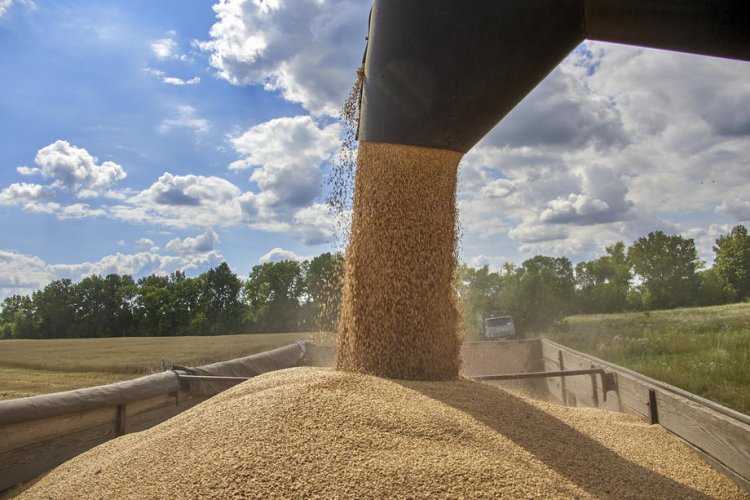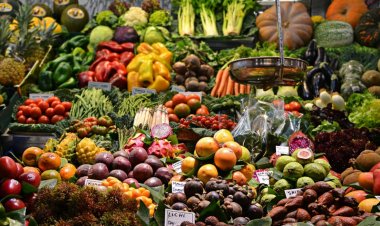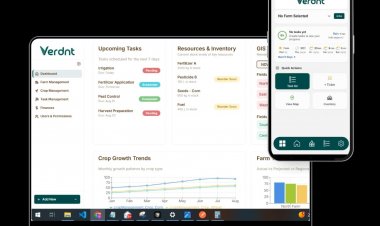Wheat prices soar in global markets as Black Sea grain deal collapses
Mounting geopolitical tensions vis-a-vis Russia-Ukraine war could mean that food is about to get a lot more expensive, even though global inflation shows a downward trend. Reports say that wheat futures soared by nearly 9 per cent on Wednesday and are on track to hit their highest level in three weeks as tensions in Europe rise following Russia’s surprise decision to pull out of a crucial deal allowing the export of grain from Ukraine. Corn futures were also nearly 2 per cent higher on Tuesday as traders feared an impending supply crunch of the staple foods.

Mounting geopolitical tensions vis-a-vis Russia-Ukraine war could mean that food is about to get a lot more expensive, even though global inflation shows a downward trend. Reports say that wheat futures soared by nearly 9 per cent on Wednesday and are on track to hit their highest level in three weeks as tensions in Europe rise following Russia’s surprise decision to pull out of a crucial deal allowing the export of grain from Ukraine. Corn futures were also nearly 2 per cent higher on Tuesday as traders feared an impending supply crunch of the staple foods.
Moscow’s withdrawal from the wartime deal on Monday threatens to push up food prices for consumers worldwide and could tip millions of people into hunger. The White House said the deal had been “critical” to bringing down food prices around the globe, which spiked after Russia invaded Ukraine in February last year. Tensions between the two countries heightened on Wednesday, limiting the possibility that the deal to export critical commodities across the Black Sea will be restarted.
The Russian Defence Ministry on Wednesday claimed that its overnight attacks on Odesa, in southern Ukraine, targeted military and fuel infrastructure. Ukrainian President Volodymyr Zelensky has said that Russia “deliberately targeted the grain deal infrastructure.” Russia’s attack damaged an unspecified “industrial facility” as well as “a grain and oil terminal” at Odesa’s port.
Wheat prices are still down, more than 50 per cent from their all-time high in March 2022. The Black Sea deal - originally brokered by Turkey and the United Nations a year ago - had ensured the safe passage of ships carrying grain from Ukrainian ports to move food from Ukraine to parts of the world where millions are going hungry. But Russia suspended the deal on July 17, posing a massive threat of higher food prices and more hunger.
The deal has so far allowed for the export of almost 33 million metric tons of food through Ukrainian ports, according to UN data. The deal had been renewed three times, but Russia has repeatedly threatened to pull out, arguing that it has been hampered in exporting its own products and saying that its main purpose - to supply grain to countries in need - had “not been realised.”
The collapse of the deal is likely to have repercussions far beyond the region. Before the war, Ukraine was the fifth-largest wheat exporter globally, accounting for 10 per cent of exports, according to the Organisation for Economic Co-operation and Development (OECD).



 Join the RuralVoice whatsapp group
Join the RuralVoice whatsapp group







































